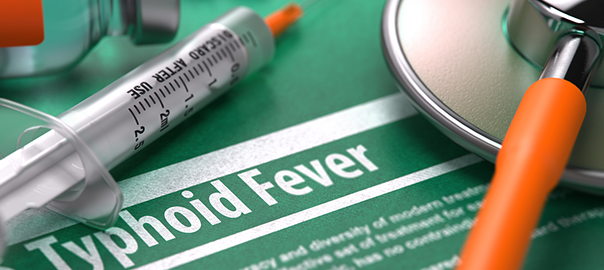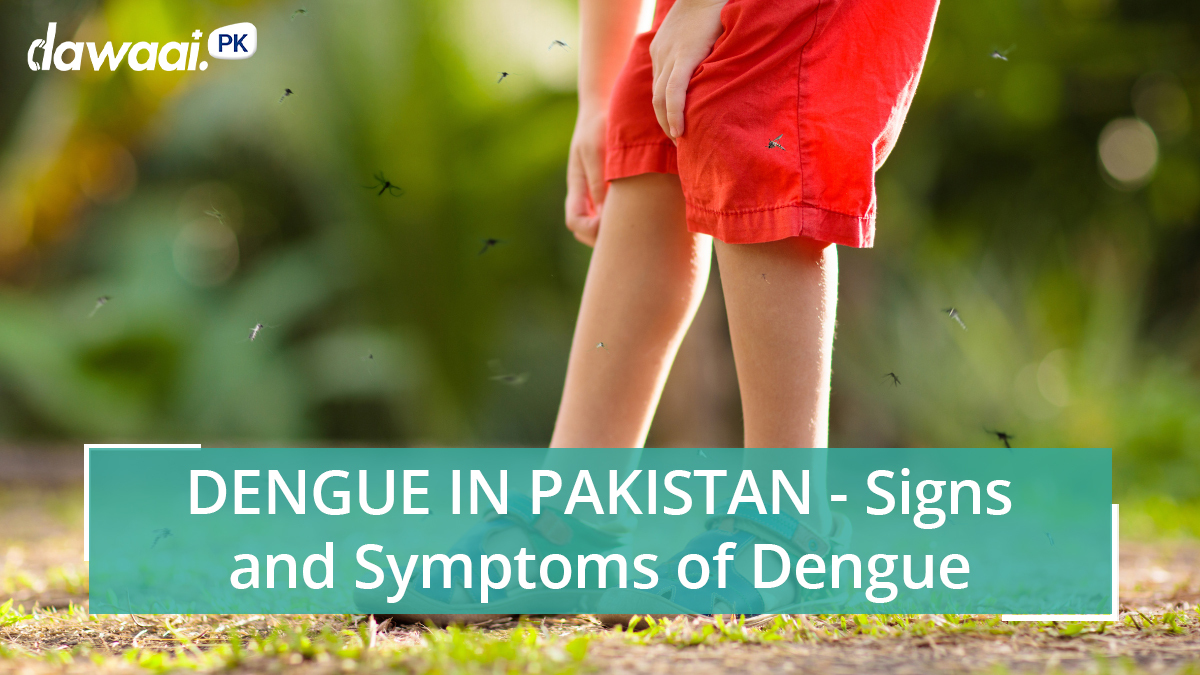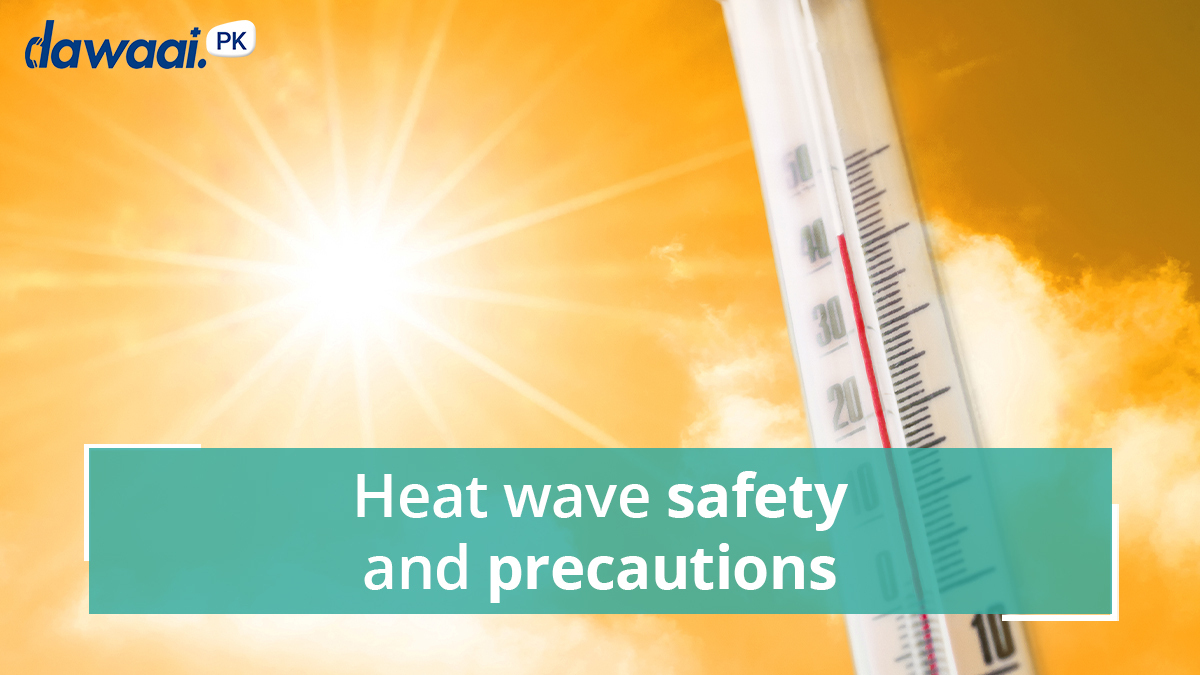Medically reviewed by Dr. Riaz Ali Shah.
You might’ve heard about the devastating outbreak that has gripped our nation over the past few years. Health officials in Pakistan say an outbreak of extensively drug-resistant (XDR) typhoid that began in 2016 has now affected more than 5,200 people, according to an update from the World Health Organization (WHO). And sadly, we haven’t been able to get rid of the typhoid fever since. Let’s read ahead to find out more!
What is Typhoid Fever?
This curious fever is caused by the Salmonella Typhi bacteria and is spread through contaminated food and water or even through close contact from an already infected person.
Most people with typhoid fever feel better within a few days of starting antibiotic treatment, although a small number of them may die of complications.
Since Pakistan comes under the list of countries that are included in the high risk areas for developing this disease, it is imperative that we know more about it and how to diagnose and treat it, if it may ever occur to yourself, your family or your loved ones.
How is Typhoid fever caused?
Fecal-oral transmission route
The bacteria that cause typhoid fever spread through contaminated food or water and occasionally through direct contact with someone who is infected. In developing nations, such as ours, where typhoid fever is established, most cases result from contaminated drinking water and poor sanitation.
Typhoid carriers
Even after treatment with antibiotics, a small number of people who recover from typhoid fever continue to harbor the bacteria in their intestinal tracts or gallbladders, often for years. These people, called chronic carriers, shed the bacteria in their feces and are capable of infecting others, although they no longer have signs or symptoms of the disease themselves, hence you are at an increased risk if you have close contact with someone who is infected or has recently been infected with typhoid fever.
Signs and Symptoms of Typhoid Fever
- Fever that starts low and increases daily, possibly reaching as high as 104.9 F (40.5 C)
- Headache
- Weakness and fatigue
- Muscle aches
- Sweating
- Dry cough
- Loss of appetite and weight loss
- Abdominal pain
- Diarrhea or constipation
- Rash
- Extremely swollen abdomen
If you don’t receive treatment, you may:
- Become delirious
- Lie motionless and exhausted with your eyes half-closed in what’s known as the typhoid state
In addition, life-threatening complications often develop at this time, such as intestinal bleeding, sepsis and pneumonia which require immediate medical care.
Diagnosis and Treatment of Typhoid Fever
If you suspect any signs or symptoms of this disease, it is recommended you go see a doctor immediately. Your doctor is likely to suspect typhoid fever based on your symptoms and your medical and travel history. But the diagnosis is usually confirmed by identifying Salmonella Typhi in a culture of your blood or other body fluid or tissue.
If diagnosed, the most effective treatment is antibiotic therapy.
Taking Precaution
Living in Pakistan, it is recommended you get a vaccine. Though these are not 100 percent effective, they require repeat immunizations, as vaccine effectiveness diminishes over time.
Apart from vaccines, there are other precautions you can take such as:
- Wash your hands. Frequent hand-washing in hot, soapy water is the best way to control infection. Wash before eating or preparing food and after using the toilet. Carry an alcohol-based hand sanitizer for times when water isn’t available.
- Avoid drinking untreated water. Contaminated drinking water is a particular problem in areas where typhoid fever is endemic.
- Choose hot foods. Avoid food that’s stored or served at room temperature. Steaming hot foods are best. And although there’s no guarantee that meals served at the finest restaurants are safe, it’s best to avoid food from street vendors — it’s more likely to be contaminated.
Hopefully, this article was of some help to anyone concerned about this endemic. It is our pleasure to keep you alert and aware of and we hope you can carry on the message to others. As always, take care and stay safe!






